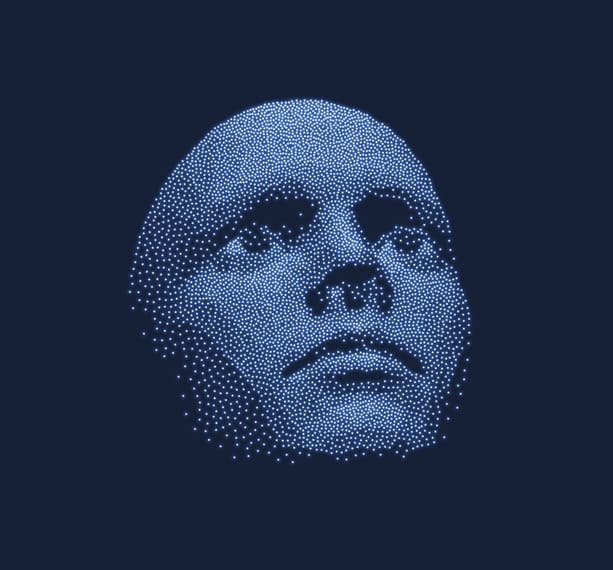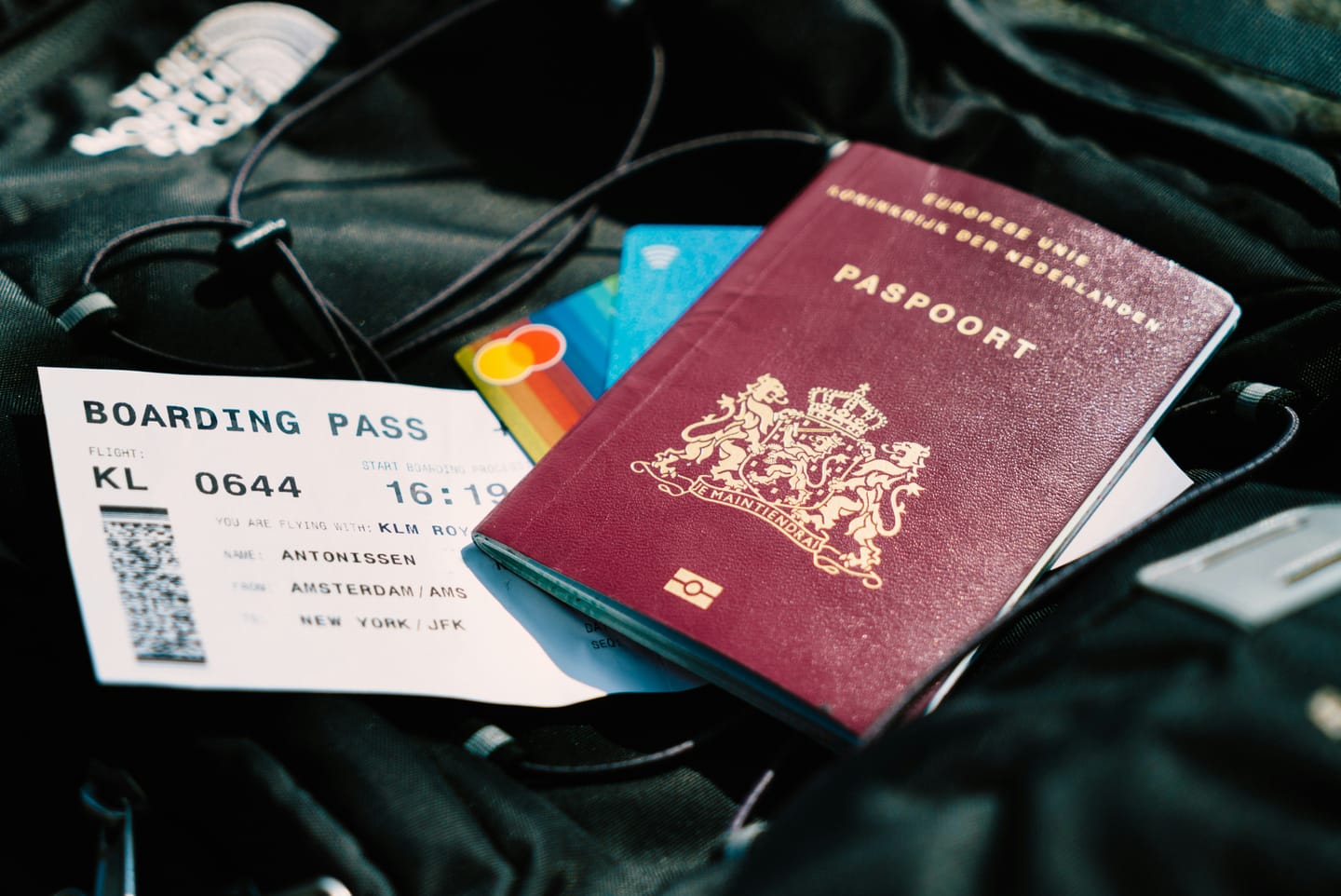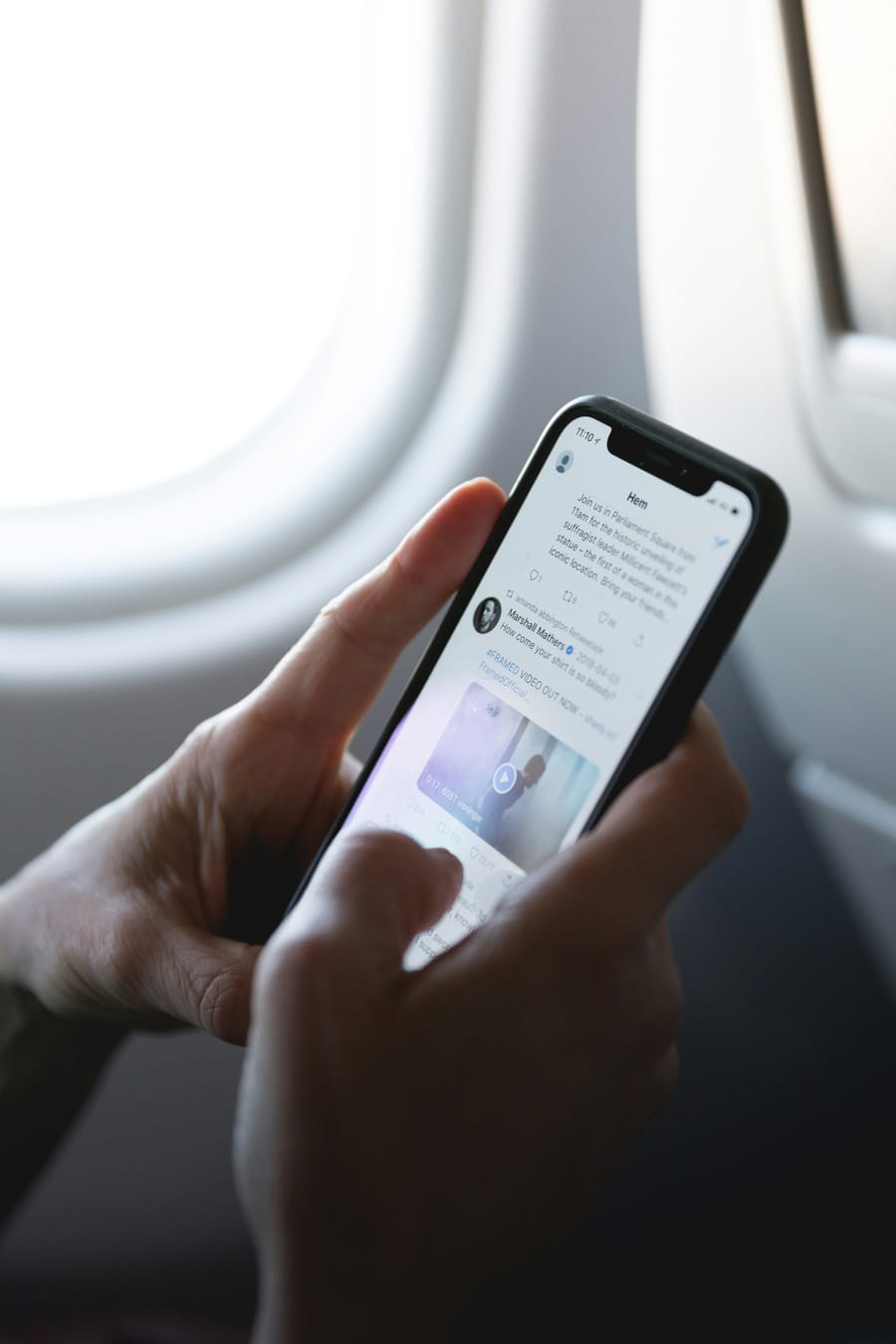A Polish researcher demonstrated in April 2025 that ChatGPT-4o can be used to create a convincing fake passport in just 5 minutes that passes automated KYC (Know Your Customer) checks. The fraudulent document created by Borys Musielak was so realistic that it successfully bypassed automated verification systems of major fintech platforms including Revolut and Binance, raising immediate concerns about the security of current digital identity verification systems.
In his demonstration shared on X, the researcher emphasised that traditional verification methods based on photos or selfies are now obsolete against AI-generated fake passports, as AI can easily manipulate both static and video images. This phenomenon is not an isolated case, as reports from February 2024 revealed a service called OnlyFake that generated fake IDs and passports from 26 different countries for $15, which successfully passed verification checks on multiple crypto exchanges, including OKX, Kraken, Bybit, Huobi, and PayPal. A Revolut spokesperson acknowledged this as an industry-wide problem, stating that the company employs "robust internal and third-party controls" to mitigate risks posed by AI and deep fake technologies.
Experts warn that the risk of mass identity theft, fraudulent credit applications, and fake account creation has significantly increased due to the possibilities offered by generative AI. In response to this threat, Musielak urges the implementation of stricter verification systems, highlighting the importance of NFC-based verification and electronic identity documents (eIDs) that provide stronger, hardware-level authentication, while emphasising the significance of EU-mandated eID wallets as the future of authentic digital identity.
Sources:
1.

2.

3.











